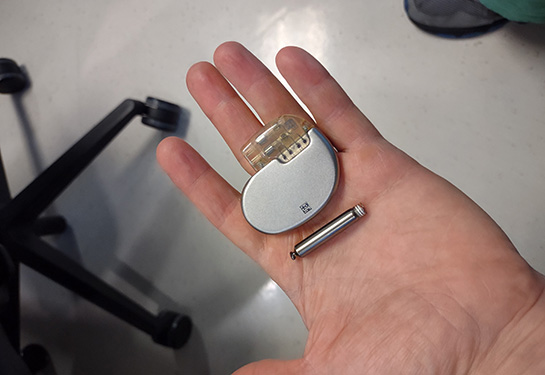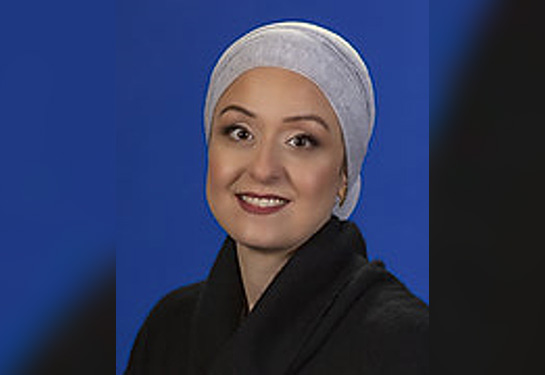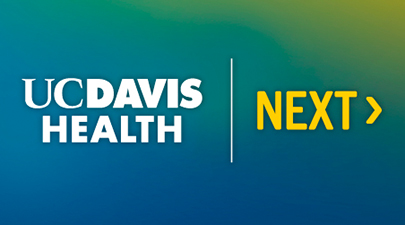Leadership Message: Supporting staff who experience Second Victim Syndrome
Dear Colleagues,
In the practice of health care, we witness people’s relief, celebration, pain, loss, and frustrations. Beyond our badges, scrubs, and white coats, we experience the same spectrum of human emotion alongside those we care for. In facing these challenging situations, we might also feel psychological distress, a phenomenon known as Second Victim Syndrome.

Second Victim Syndrome (SVS) occurs when a health care provider is traumatized by an adverse patient care event, such as near-misses, deaths, errors, or any event causing emotional or psychological distress 1.
As people who take care of patients, it is essential to remember that we are part of the human experience, and sometimes that means we find ourselves in crisis. In collaboration with many others through the organization, we developed a guide for supervisors and employees to navigate the journey through second victim syndrome support. The purpose of this guide is to inform and empower supervisors and employees with actionable steps they can take to begin their healing journey. This approach includes a three-tiered support model 2,3:
- Immediate emotional support from a trusted colleague or mentor
- Peer support from trained responders (e.g., Support U)
- Professional mental health care through programs like ASAP
As an employee in crisis, we recognize that it can be a struggle to know what’s happening to you, where to seek help, and how to ask for time to heal. As a supervisor, we hope this gives you knowledge and reference resources available to employees who seek guidance.
It’s important to remember that struggling after a difficult event is not a sign of weakness. It is a sign that you care, which means it is also time to take care of yourself to thrive in your work, not just survive.
Yours in health,

Sara Aghamohammadi, MD
Chief Wellness Officer
References:
- Sachs CJ, Wheaton N. Second Victim Syndrome. StatPearls. 2025.
- Plews-Ogan M, et al. Wisdom in Medicine. Acad Med. 2016.
- Edrees H, et al. RISE Program Implementation. BMJ Open. 2016.





